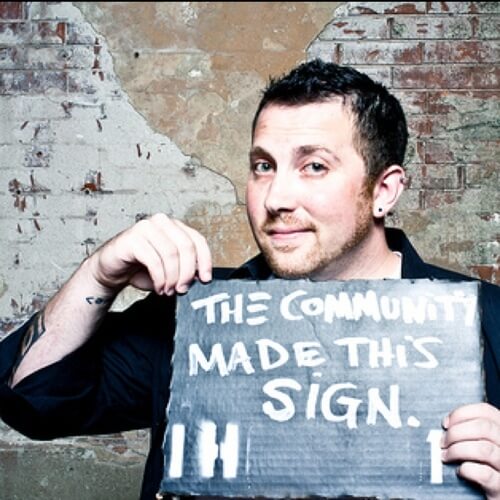Giving good advice is difficult.
Taking good advice is even more difficult.
Asking for advice the most difficult.
I’ve noticed that the exchange of advice typically comes in two forms: prescriptive and transformative.
Prescriptive advice is full of assumptions. A person prescribing advice is giving information that is usually a projection of their own experiences, ideas, ideals, desires, and agendas without taking the time to realize the “history of the patient”. While advice from their own experience tends to be the kind of experience that people are most confident giving, it’s missing an element of context for the recipient.
Phrases like “you should”, and “it’s important to” signal messages that are absolutes, and while they might be the right advice for some or maybe even many scenarios, the assumptions that come along with prescriptive advice are most likely to generate the need for ongoing advice, much like a dependency on a medication.
Transformative advice is like a vitamin. It’s full of nutrition. Instead of covering up your pain, it gives your brain the tools it needs to recover from the problem you’re experiencing on your own. Providing transformative advice gives the recipient an opportunity to really expose the issues they’re experiencing rather than simply pointing to the body part that hurts. It requires some diagnosis on the part of the advice giver. But rather than projecting personal experiences, ideas, ideals, desires, and agendas, the advice-giver provides context, and perspective.
Phrases like, “what if”, and “what do you think about” lead questions that can help bring the recipient to action, rather than define the action explicitly. This not only lets them factor in information that you as the advice giver might not be privy to, but takes them through the exercise of thinking about the problem for themselves instead of needing to come back and ask the same question a second time.
 I am always thinking about the intersection of people, relationships, trust and business. I founded
I am always thinking about the intersection of people, relationships, trust and business. I founded